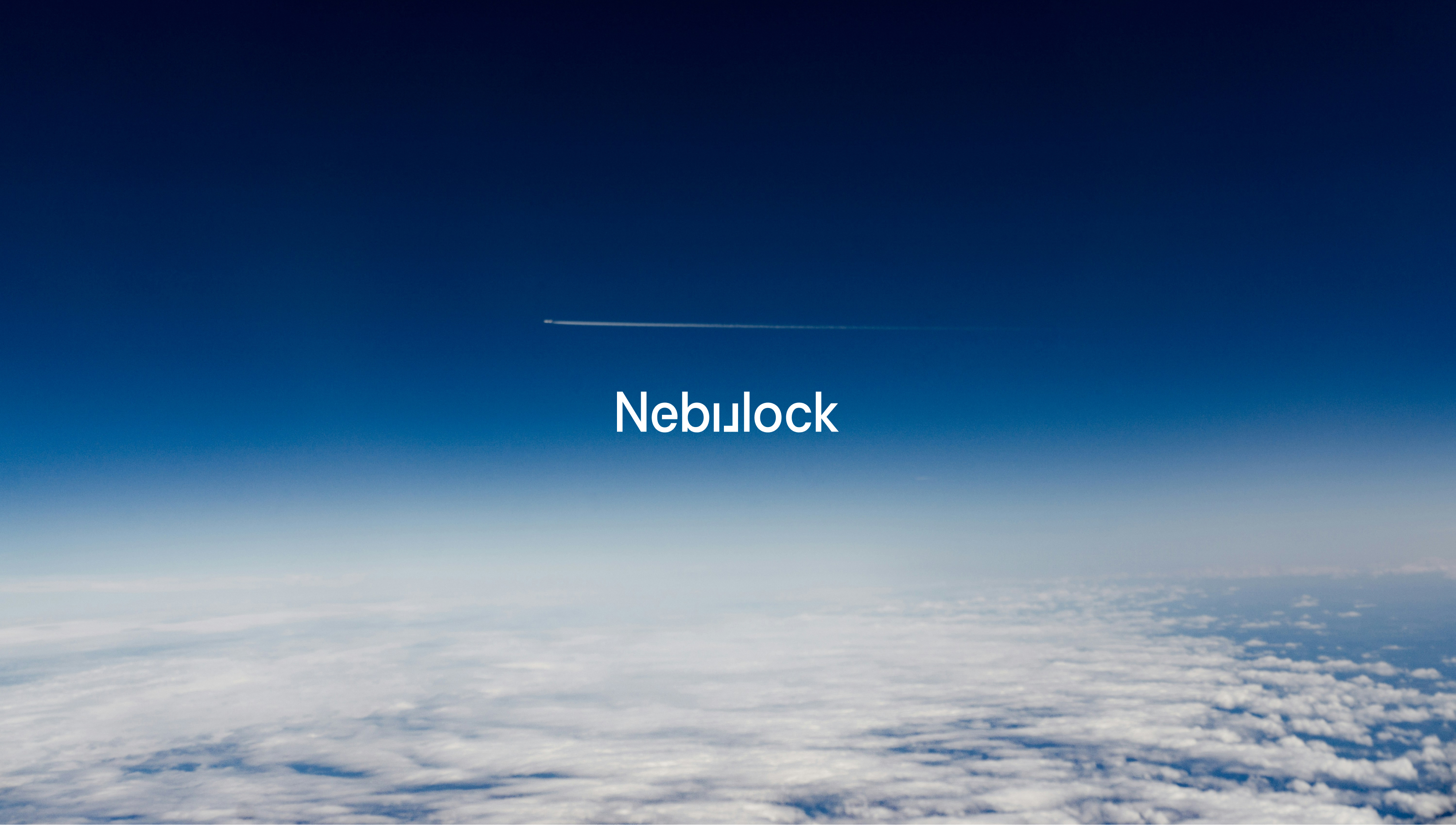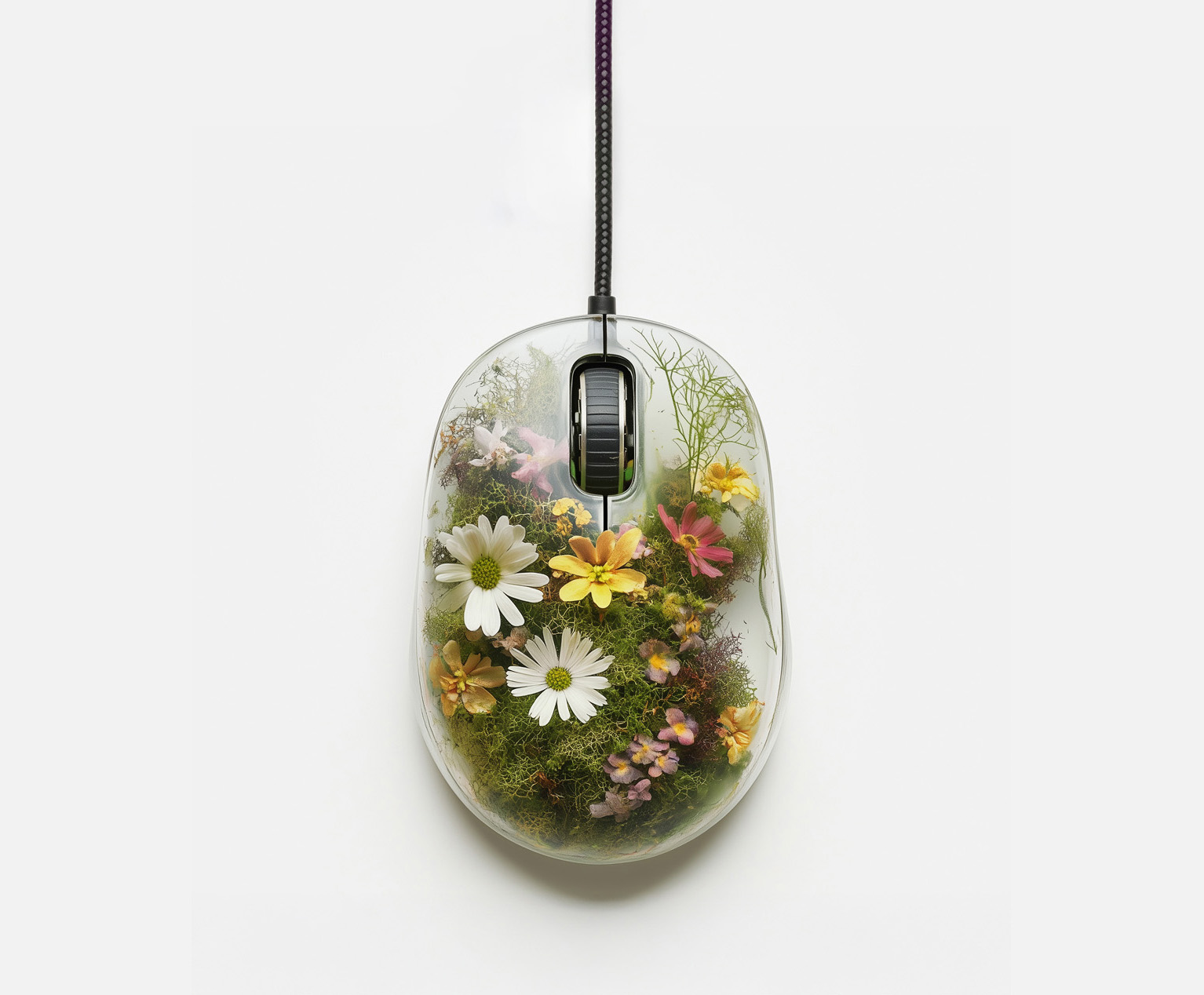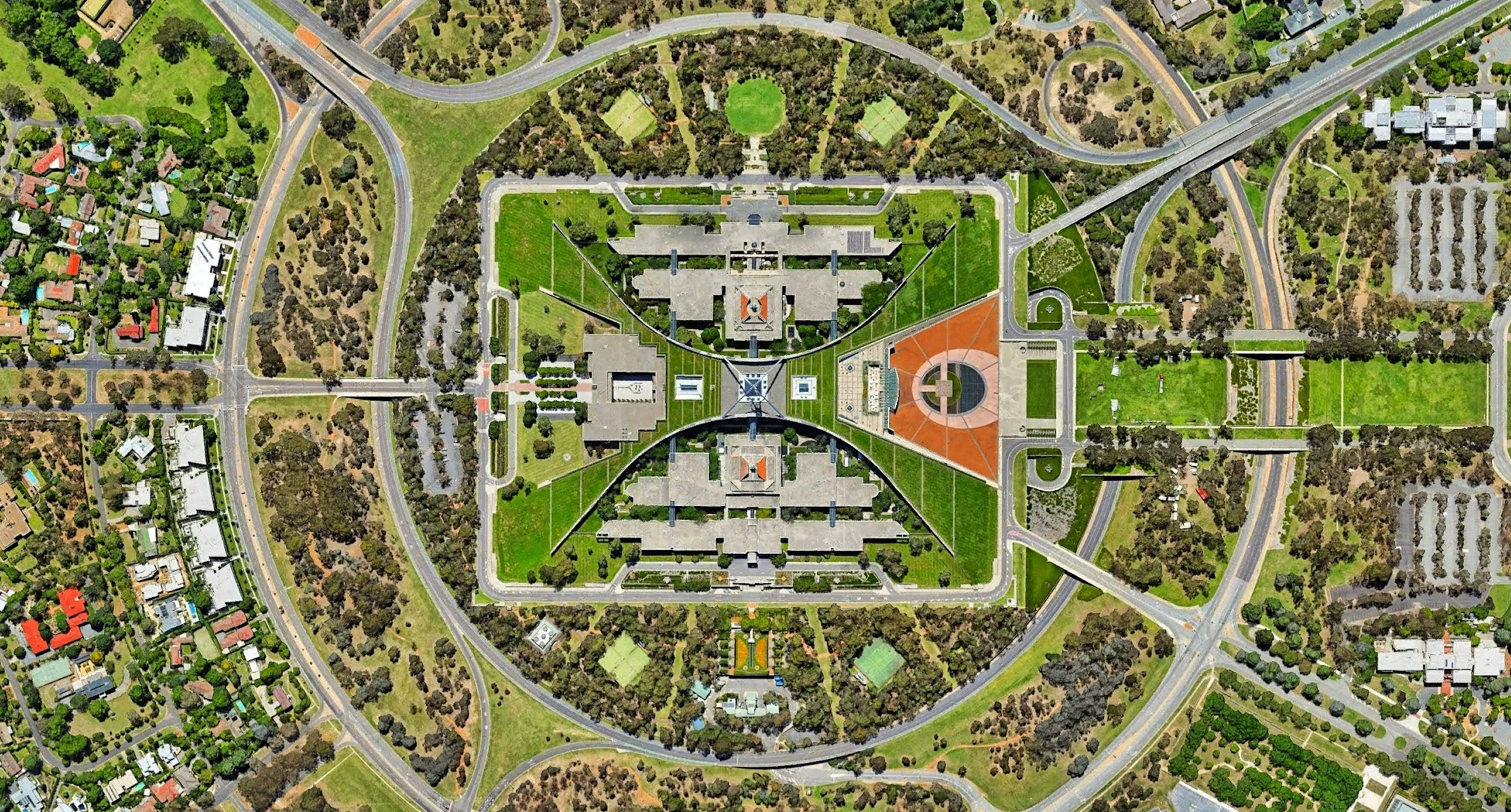
Insights
Death of a browser
How AI is reshaping the web
By
Doug Cook
—
23
May
2025
We’re witnessing the end of an era.
For decades, the browser has been our window to the world, a universal tool for accessing, consuming, and creating digital experiences. From the early days of Mosaic to the dominance of Google Chrome, the browser has become the centerpiece of our digital lives. But with the rise of AI, this familiar interface is on the verge of transformation.
AI isn’t just reshaping the web. It’s redefining how we access, interpret, and interact with the digital world.

The browser’s legacy
When Tim Berners-Lee created the World Wide Web in 1989, his goal was to enable researchers to share knowledge across a decentralized network.
The browser emerged as the tool to make this possible, introducing generations to the open web. Over time, browsers evolved to display images, play videos, and run complex applications. Still, their document-centric roots remained unchanged.
For years, this model thrived. The browser became the Swiss Army knife of the digital age: a single interface for everything from news to streaming media. But as technology advances, the limitations of this one-size-fits-all approach are becoming harder to ignore.

From search to understanding
Generative AI, powered by large language models, marks a fundamental shift in how we process information.
Instead of browsing pages filled with links and text, we’re experiencing a semantic internet, where machines don’t just retrieve information but understand, contextualize, and generate it.
No longer will we need to click, scroll, or dig through layers of content. AI streamlines the experience, delivering summaries and insights with striking efficiency. Why sift through endless search results when AI can deliver exactly what you need?

Semantic interfaces
AI’s ability to synthesize information is already reshaping our relationship with the web. We’re quickly approaching a future where content is dynamically remixed and delivered in ways that feel more personal, timely, and responsive.
Consider how tools like Perplexity replace traditional search with conversational queries, or how ChatGPT can extract and summarize web pages on demand. These interfaces do more than present information, they actively participate in creating it.
Instead of rigid links and static URLs, our relationship with information is becoming more fluid. Interfaces are evolving from fixed destinations to adaptive companions, blending information and context in real time.
And this shift won’t be confined to screens. AI-powered products, from smart glasses to wearables, already prioritize contextual awareness over conventional browsing. Information will be woven into our environments, attuned to who we are, where we are, and what we need.
Beyond the browser
As these trends accelerate, AI-native systems are emerging not just as tools, but as a new operating system for the internet.
If browsers survive, it won't be as we know them. Beyond embedding AI features, new protocols such as OpenAI’s plugin architecture, Anthropic’s tool-use capabilities, and emerging standards for AI will enable systems to collaborate, sharing context and tools across platforms. These new systems will do more than display web pages; they’ll synthesize information from multiple sources, generate personalized interfaces, and execute complex tasks on-demand.
This shift opens powerful new possibilities for creativity, productivity, and self-expression. But it also raises pressing questions about the future of the web. The open standards that have long defined it may struggle in a world increasingly shaped by proprietary AI.
What happens when AI becomes the gatekeeper of information? How can we ensure the internet remains open and accessible when our experience is mediated by AI? And who will control these systems? Whose interests will they serve?
Designing for agency
I see this transition as both an opportunity and a challenge. The browser provided a common gateway to the open web, but AI-native systems will be characterized by something much more powerful.
Designing for an AI-first internet will require us to prioritize transparency, accountability, and trust. As creators and curators of these new experiences, we’ll need to advocate for systems that empower rather than exploit. Systems that deliver not just what we want, but what we need. That means reimagining not just the tools we use, but the values we instill in them.
The question isn’t whether the browser era is ending. It’s what kind of future we build in its place.
Have an idea or want to stay in touch? Subscribe to our newsletter and follow us on LinkedIn!

Doug Cook
Doug is the founder of thirteen23. When he’s not providing strategic creative leadership on our engagements, he can be found practicing the time-honored art of getting out of the way.








































